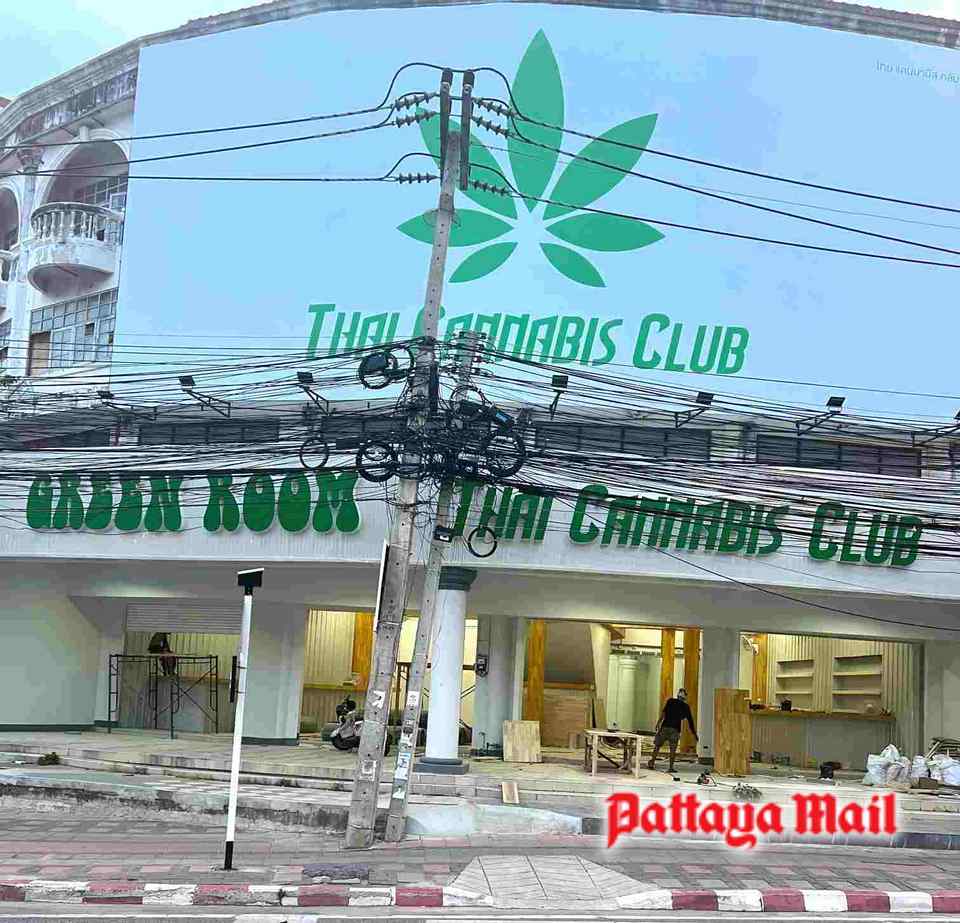
When the Move Forward Party and its allies become the next Thai government in August – and even if they don’t – action to classify cannabis once again as an illegal narcotic is inevitable. Poll after poll shows that many Thais don’t want a drugs free for all which, they believe, is a threat to their children’s morals and to public health in general But this does not mean that the country automatically must return to the old days of mass jailing of Thais and foreigners willy-nilly for smoking pot anywhere on public or private property. The devil, as ever, will be in the detail of a parliamentary bill.
Thongchai Somprasart, spokesman of Thai Freedom Group which represents some farmers and growers, said billions of investment baht are at stake as well as billions more in lucrative sales of the plant for recreational use. “We already know that the medical use of marijuana will not become a crime again, so the emphasis must be on partial criminalization rather than an outright ban.” He adds that legal cannabis smoking could be allowed in “24-hour” tourist cities like Pattaya as long as it occurred in listed cafes etc. Thongchai mentions Holland as an example of where such a policy works well.
An alternative answer is found in Israel where smoking pot is seen as a public health issue, akin to cigarettes, rather than a criminal problem. Citizens or visitors aren’t prosecuted for possession of less than 15 grams at home, whilst larger offenders are subject to fines rather than imprisonment unless they are gross repeaters. If adopted in Thailand, such a policy would result in adults paying for marijuana offences rather like they do for minor traffic offences together with a points system to grade seriousness.
Yet another choice is already available in some American states where adult use of marijuana for medical and non-medical purposes is not prosecuted in “private spaces” or “out of public view”. In this version only smoking outdoors or in the public buildings or in clubs bars and restaurants would be banned. A leaf could also be borrowed from the Volstead Act of 1919 which introduced the prohibition of alcohol era in the United States. It’s worth noting that Volstead criminalized the production and distribution of alcohol but not the actual drinking of it. Applied to Thailand, this would mean that the police emphasis would be on the producers of cannabis rather than the customers.
There’s no question that Thailand requires urgent legislation to sort out the cannabis mess. But simply turning back the clock is hardly the best solution. And there is some hope if only because the Move Forward Party has hardly been consistent. Its MPs supported the medical use of cannabis and failed to object to the delisting of cannabis as a narcotic in June last year. Some members of Move Forward’s coalition with other parties have been similarly ambiguous in the past. What is needed now is open-mindedness and proper research. Playing political games and advocating authoritarian solutions is not what the new Thailand is supposed to represent.





